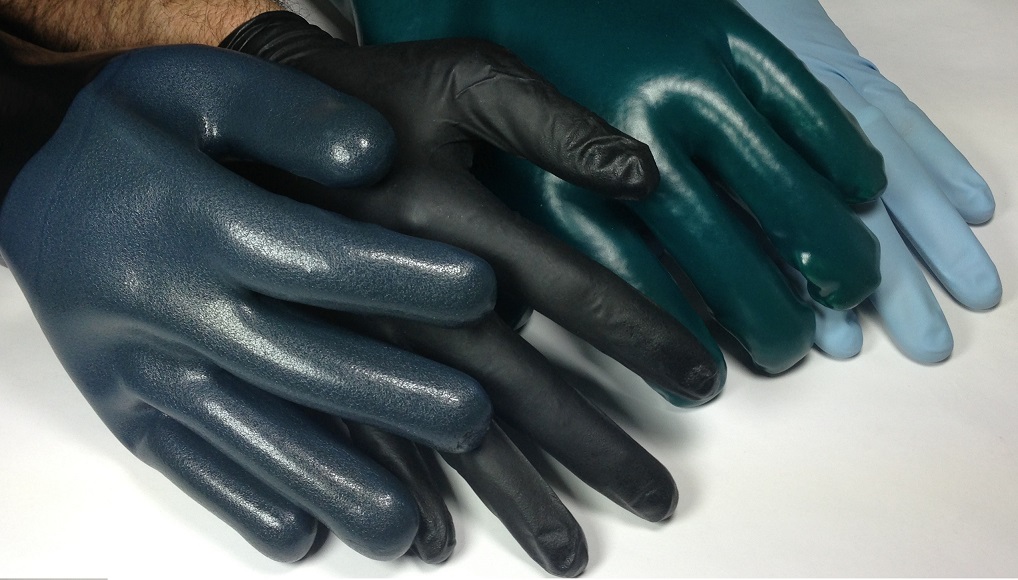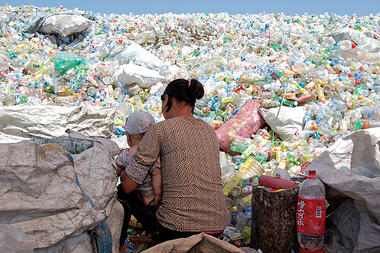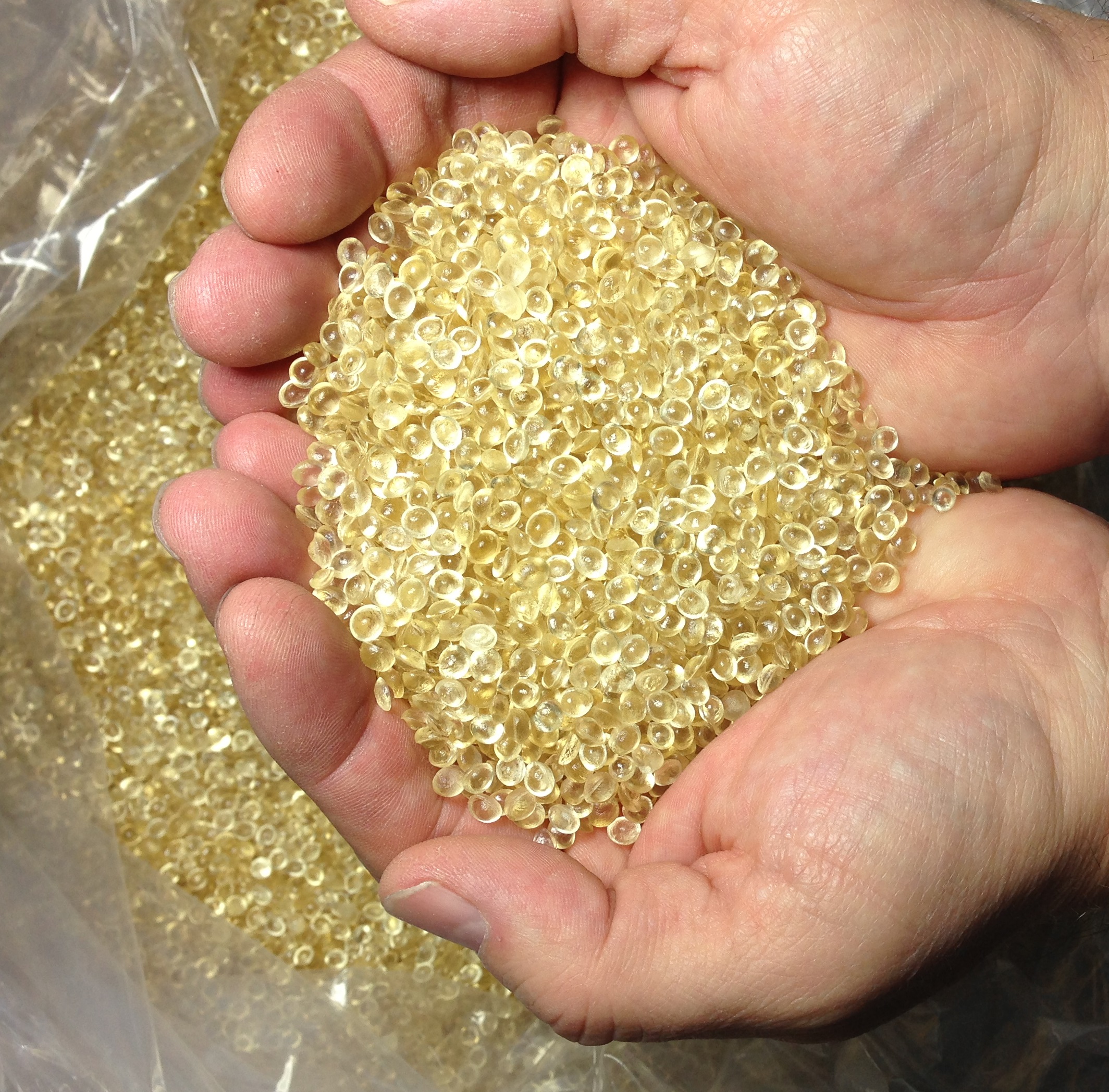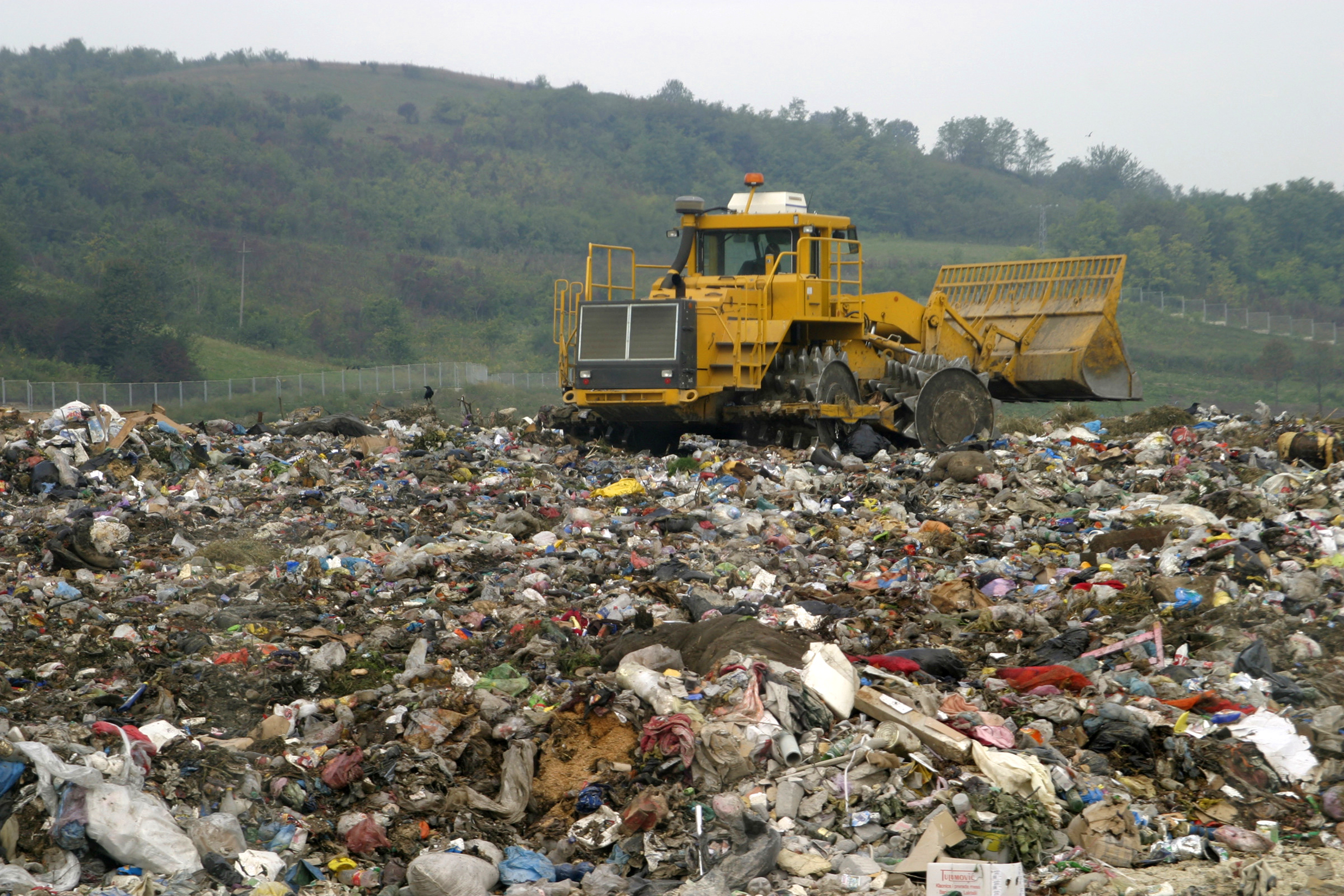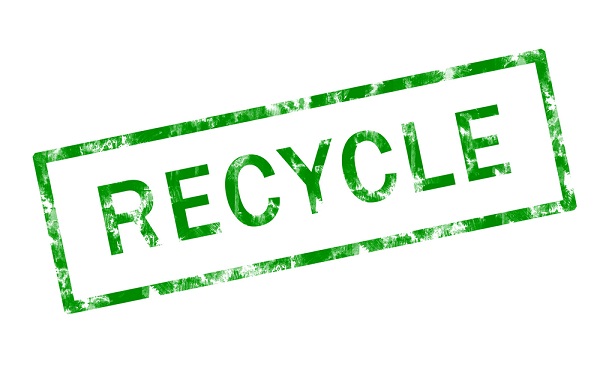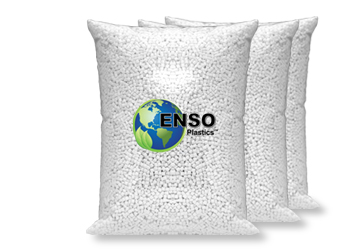Written By:
Peter Ford, Christian Science Monitor, June 19, 2013 Beijing
US recyclers are nervous about losing their largest market after China began enforcing new environmental laws this year.
Have you ever wondered what happens to the soda can that you toss into a recycling bin? Chances are high that it ends up in China – like 75 percent of the aluminum scrap that the United States exports. Or 60 percent of its scrap paper exports. Or 50 percent of its plastic.
But a new Chinese edict, banning “foreign rubbish,” has thrown the international scrap and waste trade into turmoil and is posing a major new challenge for US recyclers.
Operation Green Fence, a campaign by Chinese customs to strictly enforce laws governing the import of waste, “could be a game changer,” says Doug Kramer, president of Kramer Metals, an international scrap dealer in Los Angeles. “A lot of companies have used China as a dumping ground, getting rid of … substandard scrap and trash,” Mr. Kramer says.
As China’s government seeks to raise environmental standards, he says, “I understand China’s need to take a hard look” at its imports.
That hard look, involving stepped-up inspections of containers filled with scrap metal, paper, and plastic at Chinese ports and a merciless application of the rules, has intercepted more than 800,000 tons of illegal waste since the campaign began in February, according to the customs agency.
Now nervous traders are refusing to ship consignments of recyclables that might contain unacceptably large amounts of unrecyclable materials (anything from unwashed items to the wrong kind of plastic to random bits and pieces of garbage that get mixed in with the recyclables). And cities and towns across the US and Europe are finding there is no longer a ready market in China for their poorly sorted and often impure bales of plastics, paper, and other waste.
“A butterfly in China has caused a tornado in Europe,” Surendra Borad, chairman of Gemini, the world’s largest collector of waste plastic, told the Bureau of International Recycling (BIR), an international federation of recyclers, at its annual convention in Shanghai last month.
Why China needs the West’s scrap
However, China is not bringing down the hammer on every kind of scrap (and “scrap” is the preferred term of art). The country has few resources of its own, and its fast-growing industry relies heavily on reprocessing other countries’ plastic soda bottles into fabrics, or their junked metal into machinery.
“Making proper use of this scrap supplements China’s resources, helps save energy, protects the environment, and boosts economic efficiency,” Li Xinmin, a former pollution inspector at the Chinese Ministry of Environmental Protection, told a recent meeting of the China Metals Recycling Association.
But in China, much of the imported plastic scrap, for example, is recycled in primitive, family-owned workshops with no facilities to treat waste water before it flows into local rivers. And Chinese recyclers “have got used to expecting 20 percent trash” in the bales of mixed plastics they buy from the US, according to David Cornell, technical consultant to the Washington-based Association of Postconsumer Plastic Recyclers.
That trash has to be sorted from the recyclables, then buried or burned, further degrading China’s environment.
Though Chinese regulations have long banned excessive levels of contamination in imports of recyclables, they were rarely enforced until Green Fence was launched, traders say. “Before, we were able to import dirty materials and bottles, but not any longer,” explains Sun Kangning, who owns a small plastics recycling plant in the village of Laizhou in Shandong Province (see sidebar on the industry’s woes).
Since February, he says, 24 shipping containers of plastic waste that he had bought from the US have been turned away by customs – about 20 percent of his business.
Because the government finds it hard to control all the mom and pop makeshift recycling workshops, it appears to have chosen to enforce environmental standards on imports at the pier.
Those imports have been skyrocketing in recent years. Scrap was America’s top export to China by value in 2011 – worth $11.3 billion, according to US trade figures. (Last year, record soybean sales knocked scrap and waste into second place.)
Also in 2011, the US exported 23 million tons of scrap (a little less than half of everything that was collected for recycling). Two-thirds of it went to China, according to figures from the Institute of Scrap Recycling Industries (ISRI) in Washington. ‘We don’t have the capacity’
The international trade has boomed partly because the US cannot dispose of all the waste it generates; the country has neither enough recycling facilities nor sufficient manufacturing demand for all its scrap.
“If the US border were closed, most of the scrap that is exported today would go to landfill,” says Robin Wiener, president of ISRI. “We don’t have the capacity to absorb it all.”
The rising overseas sales of paper, aluminum, copper, plastics, and steel also have to do with the nitty-gritty economics of America’s trade deficit with China.
Because China exports so much more to America than it buys back, the shipping containers from Shanghai that are full of computers, mobile phones, and TVs on the journey to Long Beach, Calif., risk returning empty for the trip back.
Shipping companies, seeking to cut their losses, offer bargain rates on their westbound freighters: It is cheaper to ship a 40-foot container full of iron scrap from Los Angeles to a Chinese port than it is to send it by train to a foundry in Chicago. US and Chinese scrap merchants have not been slow to take advantage of the deals.
At the same time, sorting and recycling is a lot cheaper in China, where wages are a fraction of US levels. At Mr. Sun’s courtyard processing plant, for example, women using box cutters to strip labels from plastic soda bottles before they are ground up earn about $15 for a day’s work.
Such factors have made the world “over-dependent on China” for scrap recycling and vulnerable to sudden changes in the rules, such as Green Fence, worries Mr. Borad. “That is a matter of concern.”
Some traders say the new policy in China has forced them to sell their scrap in different countries, such as Vietnam, Indonesia, and Malaysia, where it is either reprocessed or simply sorted and cleaned to the new Chinese standards and then shipped on to China.
“We’ve seen a pretty good uptick in shipments to Southeast Asia,” says Joe Pickard, ISRI’s chief economist. But capacity there “is not sufficient to take up the slack from China,” he adds.
Nor are the new destinations likely to tolerate being the planet’s trash can indefinitely, predicts Kramer, who sells American scrap iron and nonferrous metals in several Asian countries. ” ‘If you can’t send it anywhere else, send it here’ is not the kind of message anyone wants to send,” he says. How long will this last?
Some businesses do not expect Chinese customs officials to go on being so zealous for long. Indeed, previous similar crusades have petered out in the past, and the General Administration of Customs in Beijing has announced that its current campaign to “reinforce inspection and prevention work in key areas” will end in November.
But well-placed observers do not think that the old lax habits will reassert themselves. “Before Green Fence, both companies and customs officials were unclear about the laws and regulations,” says Wang Jiwei, secretary-general of the China Metals Recycling Association. “After the campaign, both sides will understand the laws better, and I think they will continue to be enforced.”
The first four months of the campaign have certainly hit the Chinese recycling industry – raising prices for some recyclable materials that are now in shorter supply. “Our industry is really facing a very big adverse impact from the stricter environmental standards,” complained Huang Chongsheng, chief executive officer of aluminum scrap smelter Ye Chiu Metal Recycling at last month’s BIR conference.
US recyclers, too, are beginning to feel the effects, especially those who collect, sort, or trade low-end materials, such as the cheaper sorts of mixed plastics often extracted from household waste.
“The market for mixed rigids [such as plastic yogurt containers, margarine tubs, or buckets] has gone to hell in a handbasket,” says Jeff Powell, publisher of Resource Recycling magazine. “Mixed paper and mixed plastics are being put into landfill” now that they cannot be sold to Chinese recyclers, he adds.
What next?
“We used to send garbage because it was the cheapest thing to do and because the Chinese would accept it,” Mr. Powell explains. The new Chinese policy, he says, will force US recyclers either to sort recyclables more carefully, or to recycle more material in the US, or both.
“We are going to find ourselves forced to be much more innovative” in dealing with waste, predicts Michael Schipper, a scrap trader with International Alloys in Mendham, N.J. “We will have to find ways of processing that material here in a much more cost-effective way.”
US processors “are beginning to dip their toes into” that future, says Mr. Schipper, but they are constrained by the cost of more sophisticated machinery.
Already, however, US businesses handling scrap are dealing with it more carefully, according to Steve Alexander, spokesman for the Association of Postconsumer Plastic Recyclers. “People who took the easiest route” before by baling and selling heavily contaminated material “may be running it through a second sorting step, putting it through optical sorters,” he says, because that is what the market now demands.
That means that more of the plastic ends up where it is meant to be, and less gets thrown away or burned, either in the US or in China. “Environmentalists love Green Fence,” says Powell.
“We are at a turning point in our business,” Gregory Cardot of the French waste management firm Veolia Propreté told the BIR conference. “We have to seize this opportunity … for a sustainable environment for our planet.”
If the new Chinese policy lasts, predicts Borad, “the fly-by-night exporters will be eliminated. Green Fence will be a blessing in disguise for our industry.”
Written By:
Peter Ford, Christian Science Monitor, June 19, 2013

